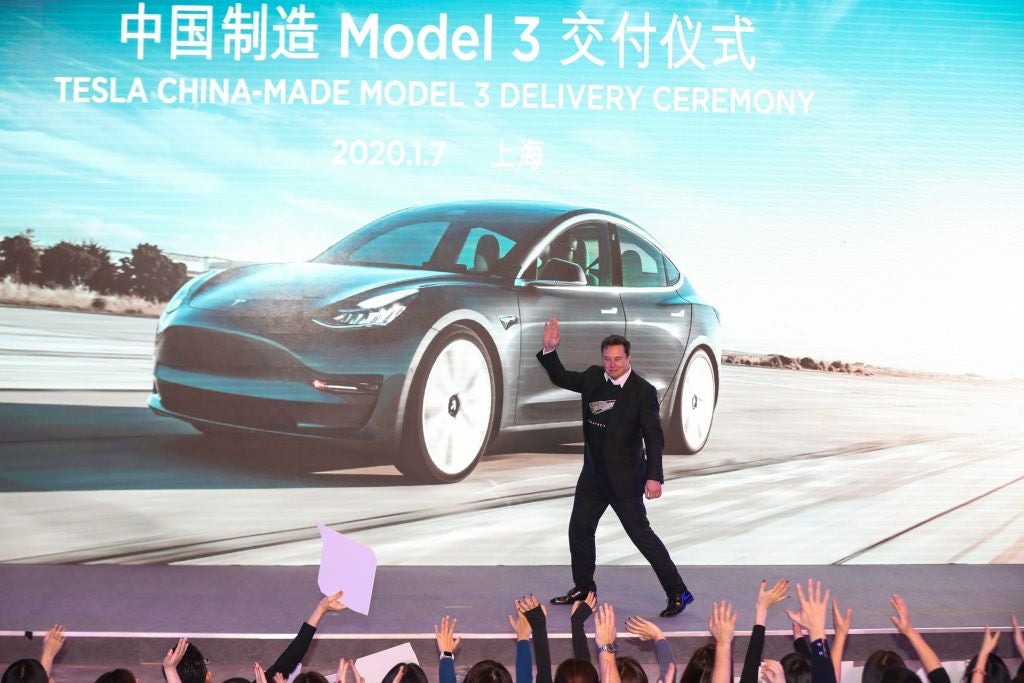The Independent's journalism is supported by our readers. When you purchase through links on our site, we may earn commission.
Massive mineral deposit discovery could meet global battery and solar panel demand ‘for next 100 years’
Norge Mining hopes to open first mine in Norway within next five years
Your support helps us to tell the story
This election is still a dead heat, according to most polls. In a fight with such wafer-thin margins, we need reporters on the ground talking to the people Trump and Harris are courting. Your support allows us to keep sending journalists to the story.
The Independent is trusted by 27 million Americans from across the entire political spectrum every month. Unlike many other quality news outlets, we choose not to lock you out of our reporting and analysis with paywalls. But quality journalism must still be paid for.
Help us keep bring these critical stories to light. Your support makes all the difference.
A huge phosphate rock deposit discovered in Norway contains enough minerals to meet the global demand for batteries and solar panels for the next 100 years, according to the mining company that controls it.
Norge Mining said up to 70 billion tonnes of the non-renewable resource may have been uncovered in south-western Norway, alongside deposits of other strategic minerals like titanium and vanadium.
Phosphate rock contains high concentrates of phosphorus, which is a key component for building green technologies but currently faces significant supply issues.
Phosphorus was first discovered in 1669 by German scientist Hennig Brandt, who was searching for the philosopher’s stone. While it proved ineffective in turning ordinary metals into gold, it has become an essential component in lithium-iron phosphate batteries in electric cars, as well as for solar panels and computer chips.
Russia previously controlled the world’s largest ultra-pure phosphate rock deposits, with the European Union warning that these “critical raw materials” have a high supply risk.
The EU is currently almost entirely dependent on imports of phosphate rock from the rest of the world, according to a report from The Hague Centre for Strategic Studies, with China, Iraq and Syria also home to large deposits.
The report, which was published before the discovery of the massive Norwegian deposit, warned that the EU should be “concerned about phosphate rock shortages”.
An article in the scientific journal Nature last year warned of imminent supply disruptions of phosphorus, citing Russia’s invasion of Ukraine and the subsequent economic sanctions as a potential cause of market volatility.
The global economy consumes an estimated 50 million tonnes of phosphorus each year, with scientists warning earlier this year that the planet could face a “phosphogeddon” if supply trends continue.
“The buyers’ market is becoming increasingly crowded by limited trade – due to political instability in several source countries, as well as international sanctions imposed on others,” Norge Mining noted in a June blog post. “This is forcing importers to fear an impending crisis.”

Norway’s minister of trade and industry, Jan Christian Vestre, said last month that the government was considering fast-tracking a giant mine in Helleland once analysis is completed on 47 miles of drill cores. If approval is given, the first major mine could begin operation by 2028.
The politician said Norway’s “obligation” was to develop “the world’s most sustainable mineral industry” following the discovery of the minerals.
The mining plans already have the support of the European Raw Materials Alliance, according to local reports, while local consultations continue.
A spokesperson for the European Commission described the discovery as “great news” for meeting the objectives of the Commission’s raw material objectives, with Norge Mining telling Euractiv that the projected 4,500-metre-deep ore body would theoretically be capable of meeting global demand for the next century.
Read more on solar battery storage


Join our commenting forum
Join thought-provoking conversations, follow other Independent readers and see their replies
Comments